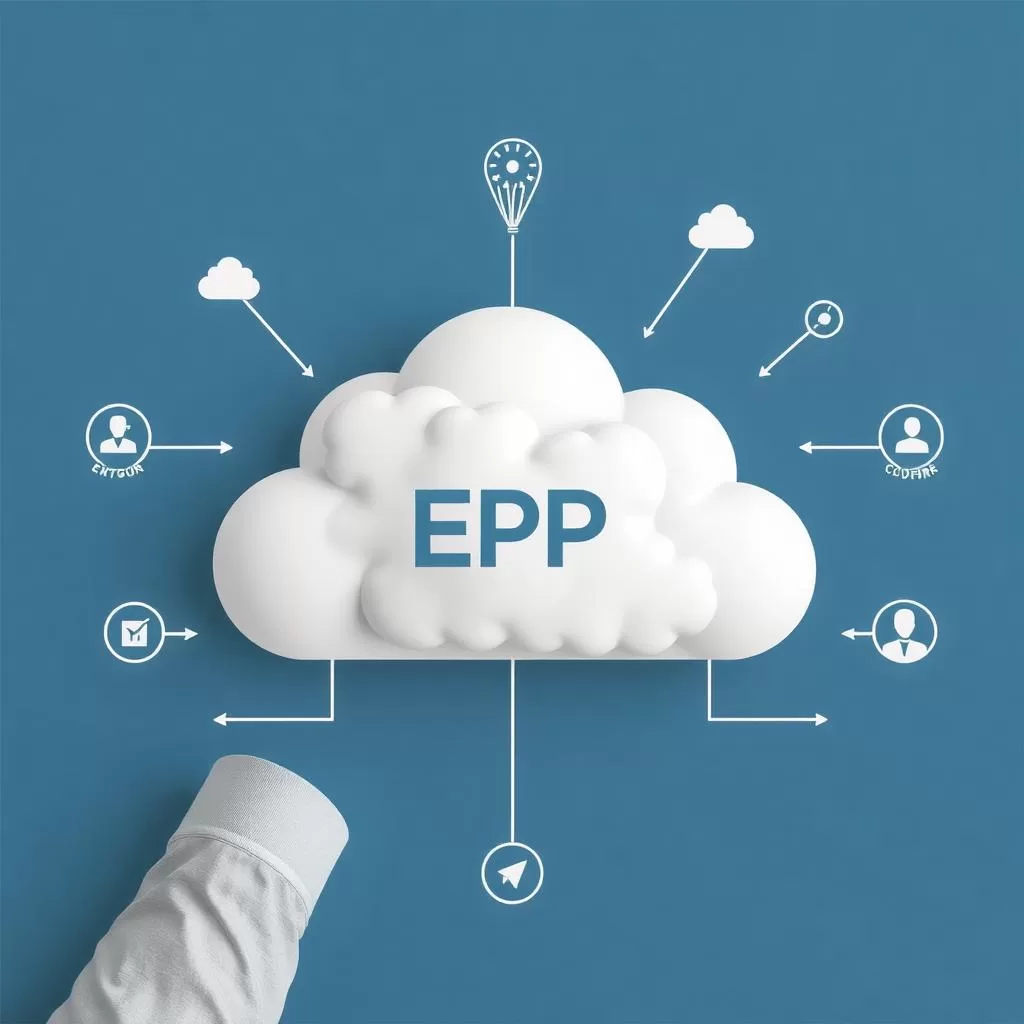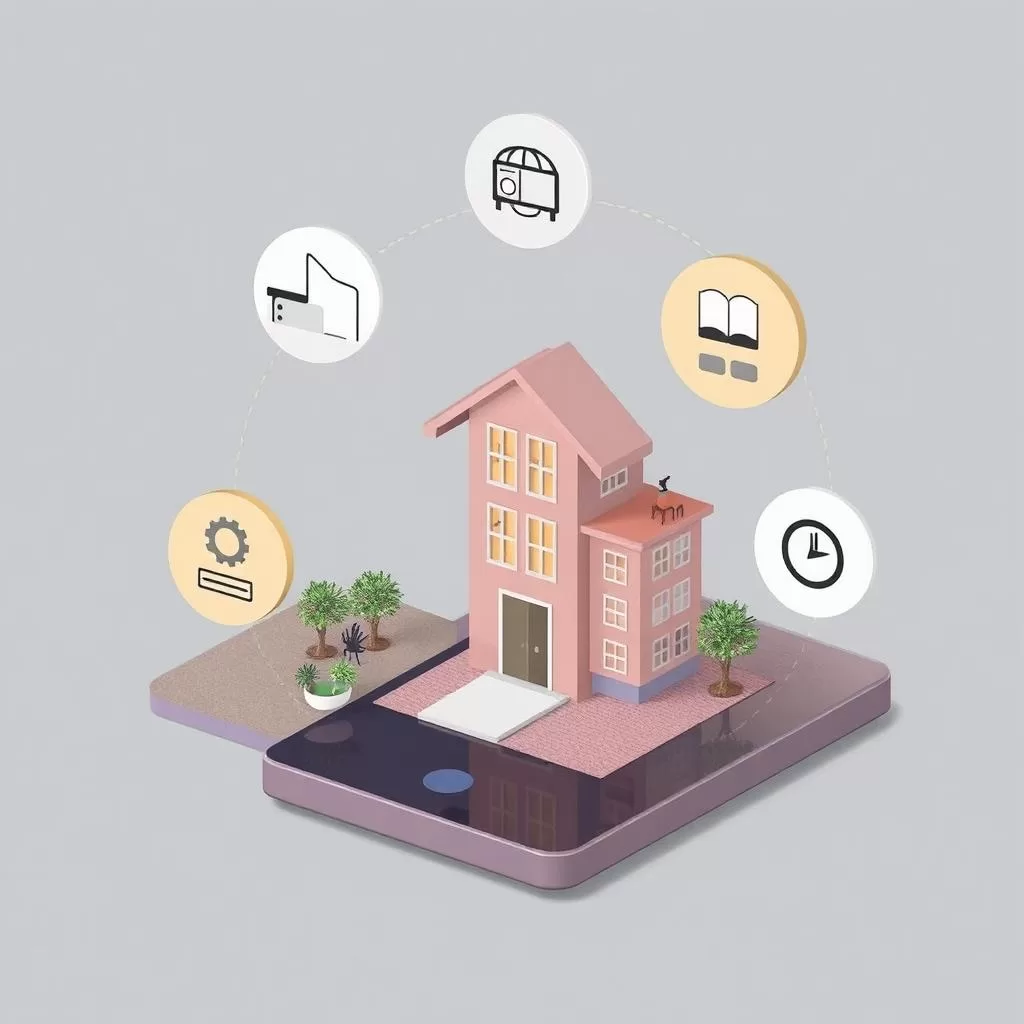Cloud-Based ERP Solutions: Why Businesses Are Going Online
Cloud-Based ERP Solutions: The Future of Business Management
Cloud-based ERP solutions are rapidly transforming how businesses manage finance, inventory, human resources, and customer relations. As a result, companies are increasingly seeking scalable, cost-effective, and efficient systems. Consequently, traditional ERP software is being replaced by cloud-powered platforms that provide real-time access, automation, and enhanced security
- Are you struggling with manual business processes and data silos?
- Do you want seamless access to business data anytime, anywhere?
- Are you looking for a cost-effective alternative to traditional ERP systems?
Let’s explore why cloud ERP is the future and how it can help businesses improve efficiency, cut costs, and stay competitive. 🚀
1️⃣ What Is a Cloud-Based ERP System? ☁️💡
A Cloud ERP system is an enterprise resource planning software that runs on a remote server and is accessible via the internet. Unlike traditional on-premise ERP, cloud-based systems offer:
- Real-time data access from any device
- Lower upfront costs and reduced IT maintenance
- Automatic updates & enhanced cybersecurity
💡 Example: Businesses using SAP Business One Cloud or NetSuite ERP can manage their finances, supply chain, and HR from any location.
2️⃣ Why Businesses Are Moving to Cloud ERP 🚀
🔹 Cost Savings & Scalability
- No need for expensive hardware or IT infrastructure; instead, businesses can rely on cloud-based solutions.
- Furthermore, pay-as-you-go pricing models reduce initial costs, making ERP solutions more accessible.
- As your business expands, you can easily scale up to meet growing demands.
🔹 Real-Time Data Access & Business Insights
Cloud ERP provides:
- Instant access to business reports and analytics enables real-time monitoring and strategic planning.
- Moreover, better collaboration between remote teams enhances productivity and communication.
- Additionally, faster decision-making with AI-driven insights helps businesses stay competitive and responsive.
💡 Examples:
- SAP Business One not only provides integrated inventory and financial management but also helps businesses streamline operations and reduce costs.
- Oracle NetSuite delivers cloud-based ERP solutions; as a result, companies can automate processes and gain real-time business insights.
- Microsoft Dynamics 365 enhances customer relationship management; therefore, businesses can personalize interactions and improve sales performance.
- Zoho Books simplifies accounting and invoicing. Consequently, startups and small businesses can manage finances efficiently from anywhere.
3️⃣ How it Improves Business Efficiency ⚙️📈
🔹 Automated Accounting & Finance Management
- Tracks income, expenses, and tax compliance, ensuring accurate financial management.
- Meanwhile, it reduces errors through AI-powered automation, improving efficiency.
- Additionally, it generates real-time financial reports, enabling better decision-making.
🔹 Inventory & Supply Chain Management
- Monitors stock levels and automates restocking, ensuring optimal inventory management.
- Meanwhile, it reduces waste and improves order fulfillment, leading to increased efficiency.
- Additionally, it connects suppliers and warehouses for seamless tracking, enhancing supply chain visibility.
💡 Example: Odoo ERP helps e-commerce businesses automate inventory tracking and sales forecasting.
4️⃣ Use for Different Industries 🏢📊
- Retail & E-commerce – Effectively manages sales, inventory, and customer data, ensuring smooth operations.
- Manufacturing – Seamlessly tracks production processes and supply chains, leading to improved efficiency.
- Healthcare – Ensures patient record security and regulatory compliance, which is crucial for maintaining industry standards.
- Construction & Real Estate – Efficiently manages project budgets, contracts, and resources, helping businesses stay on track and within budget.
💡 Example: Construction companies use Sage 300 Construction and Real Estate for cost tracking and project management.
5️⃣ Why Your Business Needs Cloud ERP Now ⏳
With increasing competition and market demands, businesses need faster, smarter, and more flexible management solutions.
- Automate business operations to streamline processes and reduce manual workload.
- With cloud-based security, access business data securely from anywhere.
- Enhance collaboration by enabling seamless communication between teams in different locations.
- Improve financial and inventory management through real-time insights for better decision-making.
📢 Thinking of switching to a cloud-based ERP system? Let’s help you find the best solution! 🚀
Conclusion: The Future of ERP is in the Cloud
Cloud ERP solutions are no longer just an option; instead, they have become a necessity for businesses that want to stay competitive, reduce expenses, and scale efficiently.
💡 Key Takeaways:
- Cloud ERP not only reduces costs but also increases flexibility.
- Moreover, real-time data access enhances decision-making.
- In addition, automation in finance, HR, and inventory streamlines operations and saves time.
- As a result, businesses across various industries benefit significantly from cloud ERP solutions.
🏢💡 Is your business ready for a cloud transformation? Let’s make it happen! 🚀
What’s Next?
💬 Have you used a cloud ERP system before? Share your thoughts in the comments!
Share this content:







Post Comment